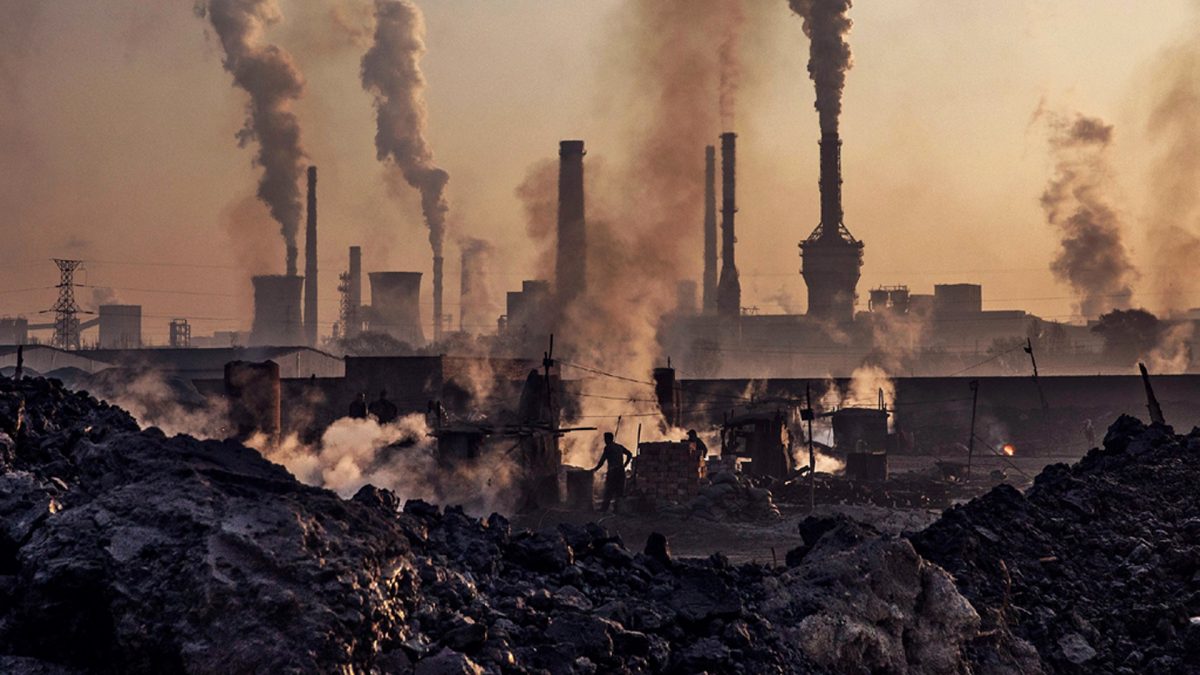The Earth’s “vital signs” have just been checked, and the outlook is alarming. According to an annual climate report published in the science journal BioScience, humanity is on the verge of triggering irreversible environmental damage.
The international team of scientists behind the report cautions that we are edging closer to an unprecedented climate disaster, driven largely by human-made emissions.
The report monitors 35 key planetary indicators, and 25 of these are now at their worst levels ever recorded. If these trends continue unchecked, the effects will be profoundly destabilising for both human societies and natural ecosystems. The threat of societal collapse is becoming increasingly real, the scientists warn.
Record-breaking indicators
At the heart of the climate crisis are rising emissions of carbon dioxide and other greenhouse gases like methane, with 90 per cent of these emissions resulting from the burning of fossil fuels.
The remaining share is linked to destructive human activities, such as deforestation. These factors have pushed the Earth’s climate to its limits, the report reveals.
Several disturbing records have been set this year. Ocean surface temperatures have soared to unprecedented levels, while the acidity of the oceans has reached new highs. Global sea levels are rising at an alarming rate, and fossil fuel emissions continue to increase, up by 1.5% in 2023 alone.
The planet also experienced its three hottest days on record this July. With these trends, scientists predict that extreme weather events will only become more frequent and severe in the years to come.
Impact Shorts
More ShortsAlongside these environmental challenges, the human population continues to grow, increasing by around 200,000 people per day. At the same time, the numbers of cattle, sheep, and goats, which contribute significantly to greenhouse gas emissions and deforestation, are also rising by approximately 170,000 each day.
Despite efforts to curb emissions, the planet is still on a trajectory for 4.9 degrees Fahrenheit of warming by 2100 — well above the levels considered safe for human and ecological stability.
Societal collapse and climate migration
One of the most concerning aspects of the report is the increasing possibility of societal collapse. More scientific research is being published on the topic, suggesting that this is no longer a distant or fringe concern.
Even if total global collapse is avoided, climate change could still displace hundreds of millions, if not billions, of people by the end of the century.
The report warns that around one-third of the global population could face heightened risks, including illness, premature death, famine, and a range of other climate-related disasters. The displacement and suffering caused by these crises could be catastrophic on an unprecedented scale.
A dire warning
The scientists behind the report leave a stark message: we are moving in the wrong direction. Fossil fuel consumption is rising, and greenhouse gas emissions continue to climb, driving the planet toward an inevitable climate catastrophe.
Despite awareness and international agreements, global efforts to reduce these emissions have fallen far short of what is needed to reverse course.
Without immediate and decisive action, the report warns, the damage could be irreversible. The time to act is now, before Earth’s vital signs deteriorate beyond recovery.


)

)
)
)
)
)
)
)
)



